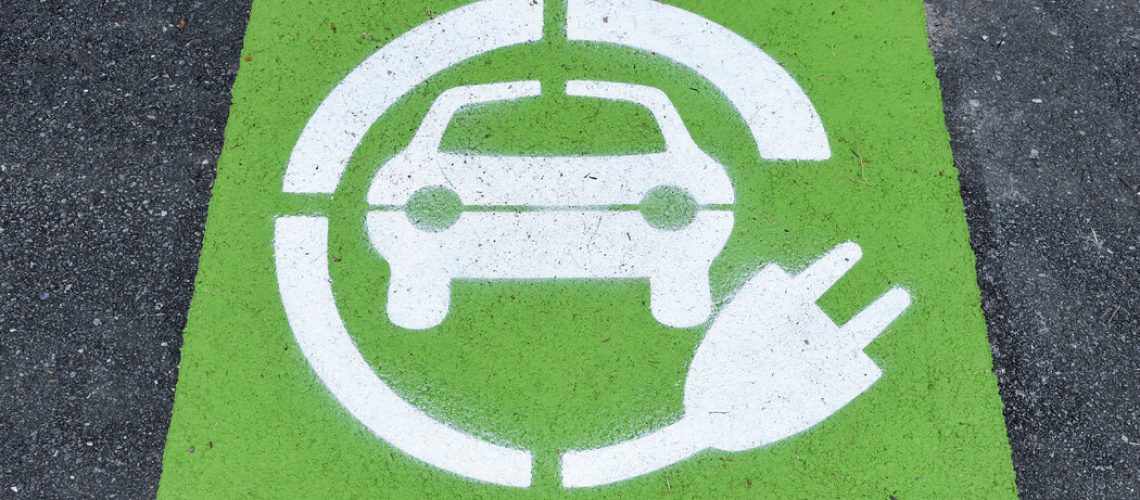After all the false starts and dashed hopes of the past two years, I’m reluctant to count my chickens before they’ve actually been signed in the Oval Office. Still, it appears that Democrats have finally agreed on another major piece of legislation, the Inflation Reduction Act. And if it does become law, it will be a very big deal.
First, would the law, in fact, reduce inflation? Yes, probably — or at least it would reduce inflationary pressures. That’s because the legislation’s increased spending, mainly on clean energy but also on health care, would be more than offset through its tax provisions; so it would be a deficit reduction act, which other things being equal would make it disinflationary.
But you want to think of the Inflation Reduction Act as being like the National Interstate and Defense Highways Act of 1956, which probably did strengthen national defense a bit but mainly benefited America by investing in the nation’s future. This bill would do the same, and maybe even more so.
To understand why this bill inspires so much hope, it’s helpful to understand what has changed since Democrats’ last big effort to deal with climate change, the 2009 Waxman-Markey bill, which passed the House but died in the Senate.
The core of Waxman-Markey was a “cap and trade” system that would, in practice, have operated a lot like a carbon tax. There were and are good arguments for such a system, which would give companies and individuals an incentive to cut emissions in multiple ways. But politically, it was easy to portray it as an eat-your-spinach plan, one demanding sacrifices from ordinary workers.
With the failure of Waxman-Markey, the Obama administration was reduced to a much more limited agenda, one that relied on carrots rather than sticks — tax breaks for clean energy, loan guarantees for companies investing in renewables. I think it’s fair to say that most economists didn’t expect these measures to achieve much.
But a funny thing happened on the way to the climate apocalypse: There was revolutionary progress in renewable energy technology, probably jump-started, at least in part, by those Obama-era policies. In 2009, electricity generated by wind power was still more expensive than electricity generated by burning coal, and solar power was more expensive still. But over the next decade wind power costs fell 70 percent, solar costs 89 percent.
Add in plunging battery prices and it has become possible to see the outlines of an economy that achieves drastic reductions in carbon emissions with little if any sacrifice, using electricity generated by renewable energy — as opposed to burning fossil fuels — to heat and cool our buildings, run our factories, power our cars and more.
The climate portion of the Inflation Reduction Act is, for the most part, an attempt to accelerate that energy transition, mainly by offering tax credits for the adoption of low-emission technologies, including electric vehicles, but also by offering incentives to use less energy in general, notably by making buildings more energy efficient.
There’s every reason to believe that these measures would have large effects. Unlike fossil fuels, which have been around for a long time, renewable energy is still an “infant industry” with a steep learning curve: The more we use these technologies, the better we get at them. So providing incentives for clean energy now will make that energy a lot cheaper in the future.
The climate, and the world, are changing. What challenges will the future bring, and how should we respond to them?
And support for electric vehicles also helps solve a chicken-and-egg problem, in which drivers are reluctant to go electric because they aren’t sure they’ll find charging stations, and businesses don’t provide many charging stations because there aren’t yet that many electric cars.
The point is that while the climate and energy provisions in the Inflation Reduction Act — about $370 billion over the next decade — would be only about 0.1 percent of projected gross domestic product over the same period, they could well have a catalytic effect on the energy transition.
And they could also transform the political economy of climate policy.
For years, environmentalists have been arguing that transitioning to clean energy should be considered an opportunity rather than a burden — that in addition to saving the planet, the transition would create many jobs and new business opportunities. But that’s a hard point to get across without widespread concrete examples of success. As long as serious climate policy was a proposal, not a reality, it was vulnerable to attacks from right-wingers portraying it as a nefarious plan to undermine the American way of life.
But those attacks will become less effective once people start to see the real-world effects of climate action (which is why the right is so frantic about trying to block this legislation). If Democrats can pass this bill, the chances of additional action in the future will rise, perhaps sharply.
So let’s hope there aren’t any last-minute snags. The Inflation Reduction Act won’t deliver everything climate activists want. But if it happens, it will be a major step toward saving the planet.



